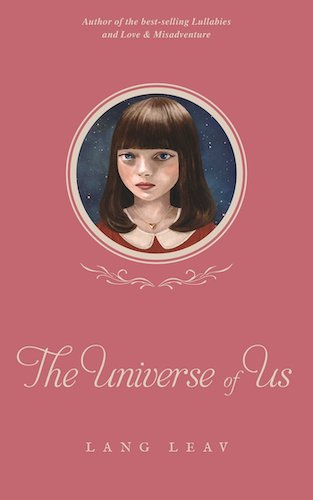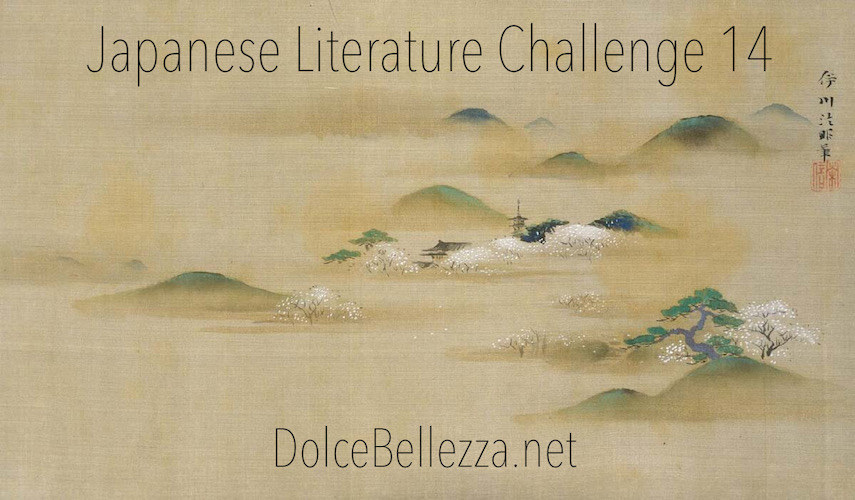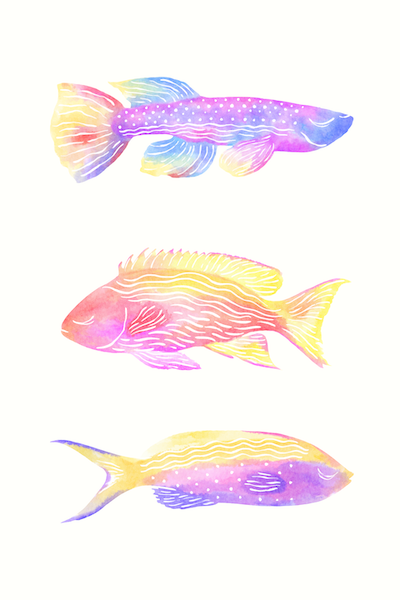It’s been a while since I cross-linked to old favorite poems. But here are a few to keep the week going. The videos add to the beauty of the poem, so hope you watch those even if you’ve read these pieces before.
Tag: poetry friday

If you can keep your head when all about you
Are losing theirs and blaming it on you;
If you can trust yourself when all men doubt you,
But make allowance for their doubting too;
If you can wait and not be tired by waiting,
Or, being lied about, don’t deal in lies,
Or, being hated, don’t give way to hating,
And yet don’t look too good, nor talk too wise;
If you can dream – and not make dreams your master;
If you can think – and not make thoughts your aim;
If you can meet with triumph and disaster
And treat those two imposters just the same;
If you can bear to hear the truth you’ve spoken
Twisted by knaves to make a trap for fools,
Or watch the things you gave your life to broken,
And stoop and build ’em up with wornout tools;
… Yours is the Earth and everything that’s in it …
Read the full piece by Kipling at Poetry Dot Com.

May 2021 was a slow reading month for me. I blogged much more than I read, which was unusual, but all thanks to the wonderful Wyrd And Wonder challenge. The link has all the posts for that challenge, most of these being SFF rec lists, but one standout read was Susanna Clarke’s Piranesi.

Aside from that, here’s a wrap-up for the month.
Lang Leav’s The Universe of Us
A very short book, with poems of varying length. These are all love/ heartbreak poems, but I think we can view them from a non-romantic lens too. I’m sure we’ve all had friends and loved ones with whom we had a parting, Lang’s poetry would ring true for those relationships as well. Rating: B–
Do not stand at my grave and weep,
I am not there. I do not sleep.
I am a thousand winds that blow,
I am the diamond glints on snow,
I am the sunlight on ripened grain,
I am the gentle autumn rain,
When you awaken in the morning’s hush,
I am the swift uplifting rush,
Of quiet birds in circled flight,
I am the soft stars that shine at night.
So do not stand at my grave and cry;
I am not there. I did not die.
~ Mary Elizabeth Frye (1905-2004)

Writings of light assault the darkness, more prodigous than meteors.
The tall unknowable city takes over the countryside.
Sure of my life and death, I observe the ambitious and would like to understand them.
Their day is greedy as a lariat in the air.
Their night is a rest from the rage within steel, quick to attack.
They speak of humanity.
My humanity is in feeling we are all voices of the same poverty.
They speak of homeland.
My homeland is the rhythm of a guitar, a few portraits, an old sword, the willow grove’s visible prayer as evening falls.
Time is living me.
More silent than my shadow, I pass through the loftily covetous multitude.
They are indispensible, singular, worthy of tomorrow.
My name is someone and anyone.
I walk slowly, like one who comes from so far away,
he doesn’t expect to arrive.
Jorge Luis Borges was a famous Argentine writer and poet. He became blind at the age of fifty-five due to a hereditary condition. On his blindness, Borges wrote: “When I think of what I’ve lost, I ask, ‘Who know themselves better than the blind?’ – for every thought becomes a tool.“
Poetry Friday: A Few Clerihews

Clerihew: A type of light, humorous biographical four-line poem in rhyming style AABB. The Clerihew was named after its inventor, Edmund Clerihew Bentley (also, one of G.K. Chesterton’s close friends). Clerihews start with the name of a famous person, who is then “put in an absurd light”.
A few Clerihews below:
After dinner, Erasmus
Told Colet not to be “blas’mous”
Which Colet, with some heat
Requested him to repeat.
The people of Spain think Cervantes
Equal to half-a-dozen Dantes:
An opinion resented most bitterly
By the people of Italy.
Sir Humphrey Davy
Detested gravy.
He lived in the odium
Of having discovered sodium.
Sir Christopher Wren
Said, “I’m going to dine with some men.
If anyone calls,
Say I’m designing St. Paul’s.”


This is the final month for the Japanese Literature Reading Challenge, so I really had to hurry up with this one. I had two main recommendations for this month: Once and Forever: The Tales of Kenji Miyazawa, and an anthology of Japanese Haiku poetry compiled by Yamamoto and Addiss. And although not “literature”, also the superbly mind-bending scifi anime, Paprika.



Out beyond ideas of wrongdoing
and rightdoing there is a field.
I’ll meet you there.
When the soul lies down in that grass,
the world is too full to talk about.
Poetry by Alfred Kreymborg


It’s time for Poetry Friday! And here’s Kreymborg proposing a test for what makes a true “poem”:
Ladislaw the critic
is five feet six inches high,
Which means
that his eyes
are five feet two inches
from the ground,
which means,
if you read him your poem,
and his eyes lift to five feet
and a trifle more than two inches,
what you have done
is Poetry—
Should his eyes remain
at five feet two inches,
you have perpetrated prose,
And do his eyes stoop
—which Heaven forbid!—
the least trifle below
five feet two inches,
you
are an unspeakable adjective.


wade
through black jade.
Of the crow-blue mussel-shells, one keeps
adjusting the ash-heaps;
opening and shutting itself like
an
injured fan.
The barnacles which encrust the side
of the wave, cannot hide
there for the submerged shafts of the
sun,
split like spun
glass, move themselves with spotlight swiftness
into the crevices —
in and out, illuminating
the
turquoise sea
of bodies. The water drives a wedge
of iron through the iron edge
of the cliff; whereupon the stars,
pink
rice-grains, ink-
bespattered jelly fish, crabs like green
lilies, and submarine
toadstools, slide each on the other.